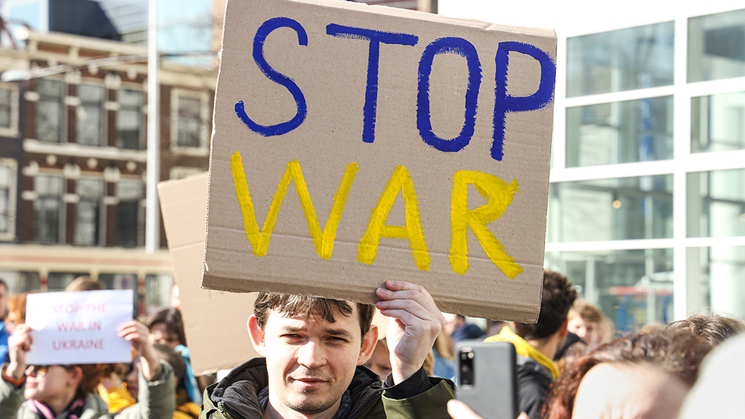Crowdfunding voor Universiteit Leiden!
Steun Universiteit Leiden en draag bij aan verschillende projecten.
Via SteunLeiden kunnen wetenschappers en studenten van de Universiteit Leiden projecten en acties starten. Hiermee verrijken we het onderwijs en of de student van de Universtiteit Leiden. Help je mee?
Kom ook in actie!
Start zelf een actie of doe mee met je team, je collega’s, je klas, je kookclub of bijvoorbeeld je popkoor. Kijk hieronder voor inspirerende acties van anderen.
Top acties
Bekijk alle-
 1
€ 5.945
1
€ 5.945
Anja ter Horst
Meer onderzoek voor kansrijke behandeling van eierstokkanker -
 2
€ 4.493
2
€ 4.493
Björn Keyser
Can We Relearn the Lost Human Sense: Magnetoreception? -
 3
€ 3.190
3
€ 3.190
Elvira & Els Elvira Schaap en Els Verdegaal
Ondersteun het onderzoek naar eierstokkanker! -
 4
€ 2.000
4
€ 2.000
Jet En Astrid
Alle inzet voor onderzoek naar eierstokkanker -
5 € 1.740
Julia van den Berg van Saparoea
Ik golf tegen eierstokkanker





























